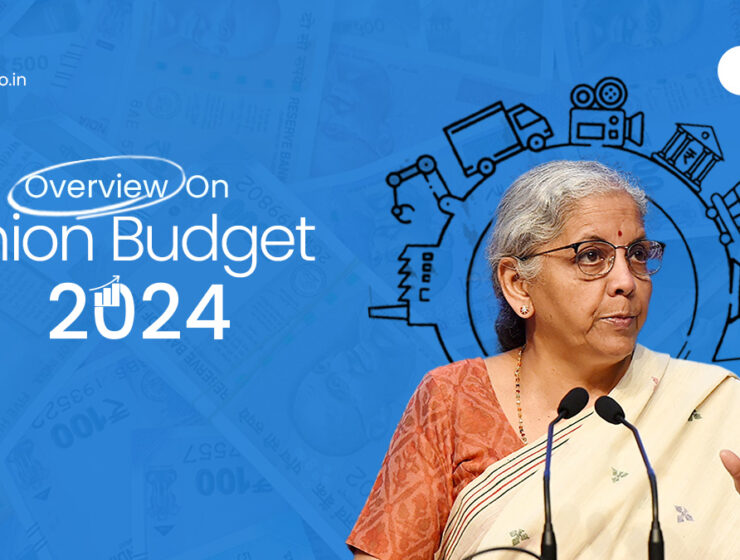

With every Union Budget, the average tax-payer looks at different amendments in the income tax slab rates or other exemptions and deductions. This year’s budget was no different. Though there was no change in the income tax slab rate (which happened in the last budget), there were various proposals which impact your taxes. Do you know about the revised tax impact of the Union Budget 2018? Let’s find out –
According to the new announcements made by the Finance Minister, Mr. Arun Jaitley, here are the five major changes which directly impact your taxes –
LTCG on equity gains
Equity mutual funds and equity shares held a lot of attraction for investors because they qualified for long-term capital gain exemption if sold after 12 months. However, with the new proposition, long-term capital gains made from equity-oriented investments would attract a tax of 10% if such gains exceed Rs.1 lakh. However, gains made up to 31st January 2018 would fall under previous tax rules and would be exempt from taxation.
The standard deduction for salaried employees
Salaried employees can now enjoy a standard deduction of Rs.40,000 from their taxable salary from the next financial year, i.e. from 1st April 2018. This would be a flat rate of deduction which would be universal across all salaried employees. However, the tax exemption allowed for transport allowance and medical allowance would be removed as an exemption from the next financial year when standard deduction is introduced.
Increase in the rate of cess
Till date, the rate of cess charged on the tax liability was 3%. This rate has also been increased to 4% in the new budget. Thus, tax-payers would have to part with an additional 1% on cess which is calculated on their tax liability. This increased cess would be applicable on personal income tax and corporation tax.
DDT on equity dividends
A dividend distribution tax (DDT) has been imposed on the dividends declared on equity shares and mutual funds. This tax rate is 10% and affects your dividend earnings from equity investments.
Tax reliefs for senior citizens
Senior citizens had more than one reason to enjoy this year’s Union Budget. The Finance Minister increased the tax deduction limits on various schemes for senior citizens. These hikes include the following –
- The limit on tax-free interest earned from bank and post office deposit schemes has been increased from the existing Rs.10,000 to Rs.50,000
- The deduction limit for senior citizens under Section 80D has been increased from Rs.30,000 to Rs.50,000. Thus, health insurance premiums paid for a policy on the life of senior citizen are exempt up to Rs.50,000
- The tax-free investment limit under the Pradhan Mantri Vaya Vandana Yojana (PMVVY) has been increased from Rs.7.5 lakhs to Rs.15 lakhs PMVVY is a pension scheme for senior citizens.
These changes affect different taxpayers differently. While equity investors would have to part with more tax outgo, salaried individuals have a relief in the form of standard deduction. Senior citizens have an ample scope to reduce their tax liability substantially. Which category of tax-payer do you fall in?
A financial planning platform where you can plan all your goals, cash flows, expenses management, etc., which provides you advisory on the go. Unbiased and with uttermost data security, create your Financial Planning without any cost on: http://bit.ly/Robo-Fintoo
Disclaimer: The views shared in blogs are based on personal opinion and does not endorse the company’s views. Investment is a subject matter of solicitation and one should consult a Financial Adviser before making any investment using the app. Making an investment using the app is the sole decision of the investor and the company or any of its communication cannot be held responsible for it.
Related Posts
Stay up-to-date with the latest information.


